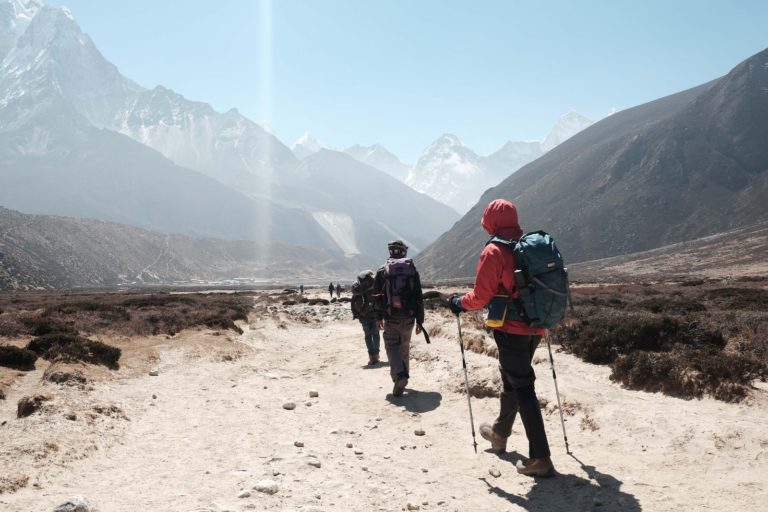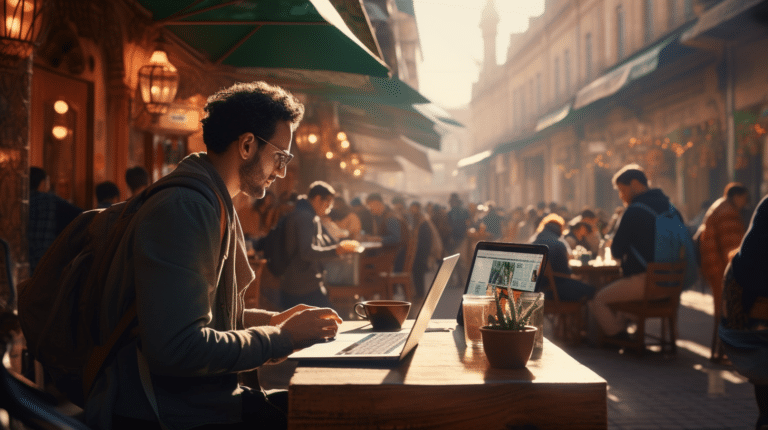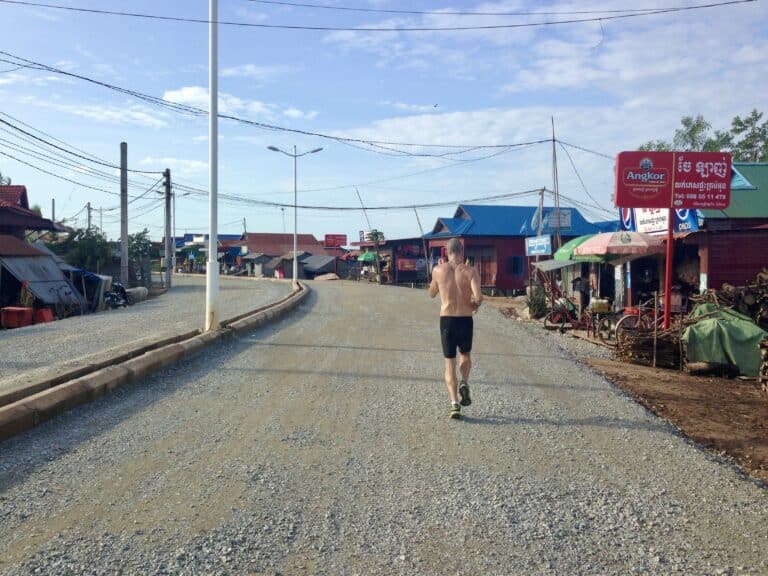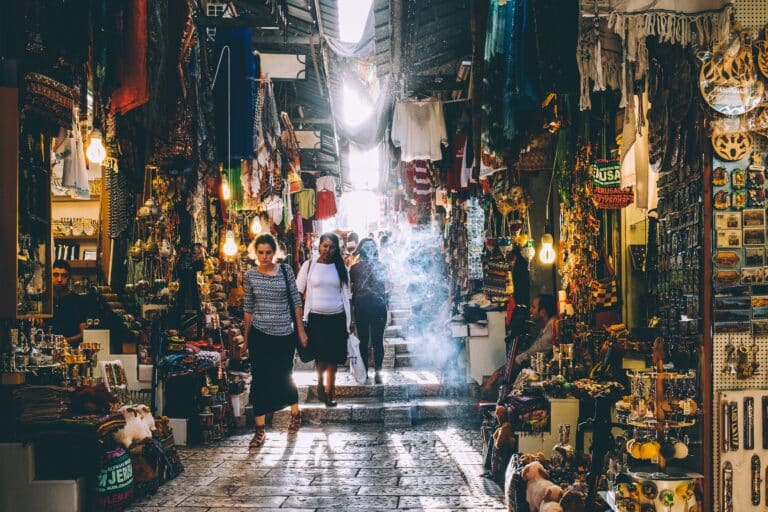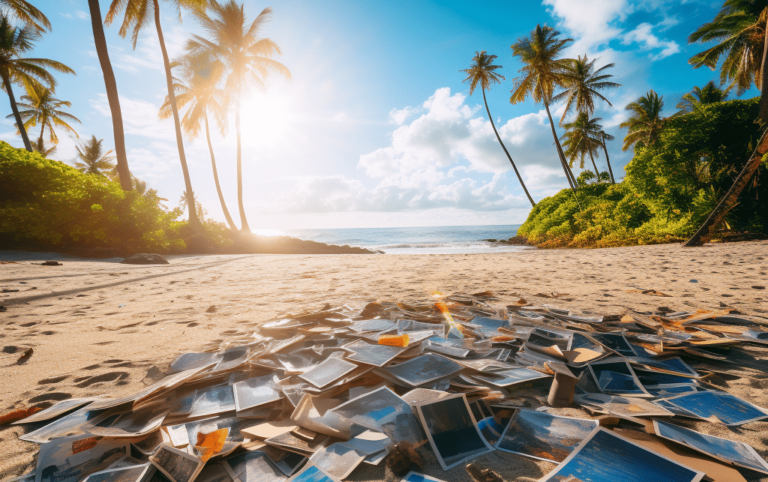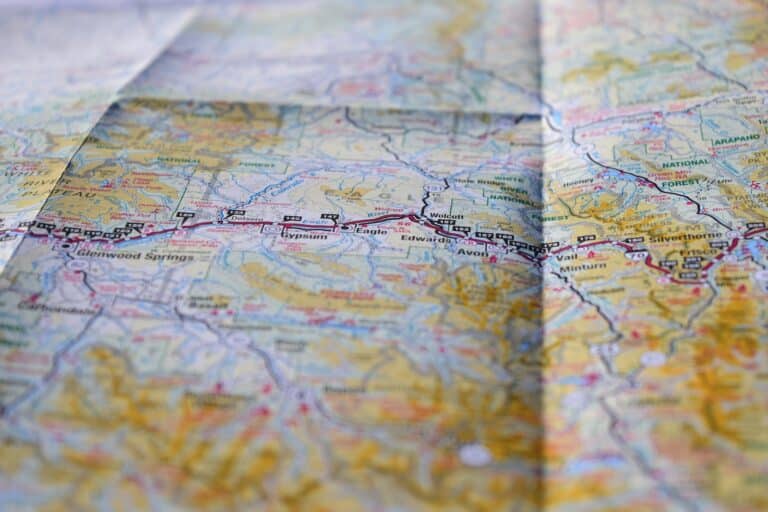I. Setting the Course: Why is Safety Paramount in International Travel?
Embarking on a journey as a solo female traveler can be one of the most liberating and exhilarating experiences. The thrill of exploring unfamiliar terrains, meeting new people, and immersing oneself in diverse cultures is truly unparalleled. Yet, it’s important to recognize and navigate the unique challenges that come with it. That’s why we’ve compiled a comprehensive guide providing practical tips for solo female travelers.
Our guide covers everything from the art of meticulous pre-trip planning to mastering personal safety measures and understanding local assistance. It includes how to choose safe and enjoyable travel destinations to tips for handling social interactions with grace and awareness. Our goal is to equip you with a toolkit of precautions and insights to make your solo adventures not only memorable but also secure. No matter where your wanderlust takes you, we’re here to help ensure you’re prepared, confident, and ready for the journey of a lifetime.
II. Informed is Armed: How to Plan Safely?
A. Which Places Are Safe for Women to Travel To?
Some regions are considered safer due to their low crime rates, solid legal protections, and generally woman-friendly attitudes. For instance, Scandinavia stands out with its high living standards and gender equality. New Zealand’s friendliness and compact size make it an appealing choice, while Canada’s diversity and safety standards shine. Austria and Iceland, despite their chilly climes, offer warm welcomes to women travelers. However, certain areas require extra vigilance. Some parts of the Middle East, South America, and Africa have higher crime rates or local customs that could challenge women’s safety.
B. What Should I Know About Local Customs and Laws?
Every destination has its own set of unspoken rules, social norms, and laws. Understanding these can enhance your travel experience and keep you safe. For instance, women traveling to Saudi Arabia, Iran, or Sudan should be aware that these nations have laws regulating women’s dress, usually requiring them to cover their heads and bodies. By respecting these customs and rules, you not only ensure your safety but also show respect for the local culture. The Solo Female Traveler Network has a list over on their site.
C. What Factors Should I Consider When Selecting Accommodation?
Your accommodation should be a sanctuary where you feel secure. When selecting a place to stay, go for reputable lodgings, prioritizing guest safety. Consider properties in central locations, which are usually well-patrolled and closer to major attractions. Online platforms like Tripadvisor, Google Maps, or Airbnb offer a wealth of user-generated reviews, helping you make an informed choice. Look specifically for safety-related feedback before you book.
III. On Your Guard: How to Ensure Personal Safety While Traveling
A. How Can I Blend in and Avoid Drawing Unwanted Attention?
Keeping a low profile can help maintain your safety. Dressing in accordance with local customs can be a key factor, whether it’s wearing a headscarf in a Middle Eastern country or refraining from showing too much skin in conservative societies. The idea is to respect the culture, fit into the surroundings, and not attract unwanted attention.
B. How Can I Keep My Valuables Safe?
Whether it’s your passport, credit card, or gadgets, securing your valuable items should be a top priority. Anti-theft bags, available from brands like Pacsafe, Travelon, and Eagle Creek, are designed to thwart pickpockets with features like slash-proof materials and secure zippers. Always monitor your belongings and avoid flashing expensive items in public places.
C. What’s the Safest Way to Carry Money and Essential Documents?
Carrying money and documents securely is critical to avoid falling prey to theft or losing them. Money belts or hidden pouches worn underneath your clothes can be a safe choice. Consider carrying just enough cash for the day, and leave your passport and extra money secured in your hotel safe.
D. How Can I Establish Reliable Communication Channels?
Keeping in touch with your loved ones or emergency contacts is important. Before leaving, share your itinerary with someone you trust. Stay connected via messaging apps or social media, and always keep your phone charged. It’s also a good idea to have a list of emergency contact numbers for your destination, including the local police and your country’s embassy or consulate.
IV. On the Move: What to Consider for Safe Transportation
A. What Scams or Safety Concerns Should I Watch Out for?
Every destination has its unique scams that could trap unsuspecting tourists. These might range from overcharging taxis to counterfeit money exchange schemes or even thieves causing distractions to steal your valuables. Educate yourself about common scams at your destination before you arrive to help protect yourself.
B. How Can I Use Taxis or Ridesharing Services Safely?
When using taxis or ridesharing services, choose licensed operators for your safety. Apps like Uber or Lyft can be safer options, as they provide driver information and GPS tracking, allowing others to know your whereabouts. Always check the driver’s identity before getting in and avoid sharing rides with unknown passengers.
C. How Can I Explore Safely On Foot?
Walking can be one of the best ways to explore a new city, but safety should always be a priority. Stick to well-lit routes and well-populated areas, especially after dark. It’s better to avoid isolated areas or neighborhoods known for high crime rates. Don’t rely solely on your phone’s GPS; consider using offline maps in case you lose your internet connection or have a physical map as a backup if your battery dies.
V. Making Connections: How to Navigate Social Interactions and Nightlife Safely?
A. How Can I Ensure I Drink Responsibly?
Enjoying the local nightlife can be fun, but always keep your safety in mind. Limit your alcohol intake to stay alert and aware of your surroundings. Always keep an eye on your drink to avoid any chance of it being tampered with, and avoid accepting drinks from strangers. It’s better to order your own drinks and watch them being prepared.
VI. Know Your Allies: How Can Local Assistance and Resources Help?
A. How Can I Use Local Emergency Numbers Effectively?
Having a list of local emergency numbers at your fingertips can be a lifesaver. This should include numbers for the local police, ambulance, and your country’s nearest embassy or consulate. Save these numbers in your phone and keep a physical copy with you. Remember, calling for help promptly can prevent a difficult situation from escalating.
VII. The Final Word: Balancing Safety and Adventure
We know this guide might feel overwhelming like there’s a mountain of precautions to climb before you can enjoy the panoramic views of your travel dreams. But trust us, travel—whether domestic or international—is one of the most rewarding, enriching experiences life has to offer. Yes, safety measures are crucial, but with a sprinkle of common sense, a dollop of awareness, and a dash of preparation, you can unlock the doors to almost any corner of our fascinating world.
At Hop Skip Jump, we’re here to be your travel partner, no matter how experienced (or inexperienced) you are or how far you want to go. Worried about venturing into a particular destination? We’ve got your back. Not sure where to start? We’ll guide you through it. Are you a seasoned traveler looking for the next challenge? We’ll show you the uncharted territories. Our passion is helping you fulfill yours because we believe every journey should be a story worth telling. So, ready to plan your next big adventure? Let’s make it happen together!
Safe travels, and remember: the world is smaller than you think.



